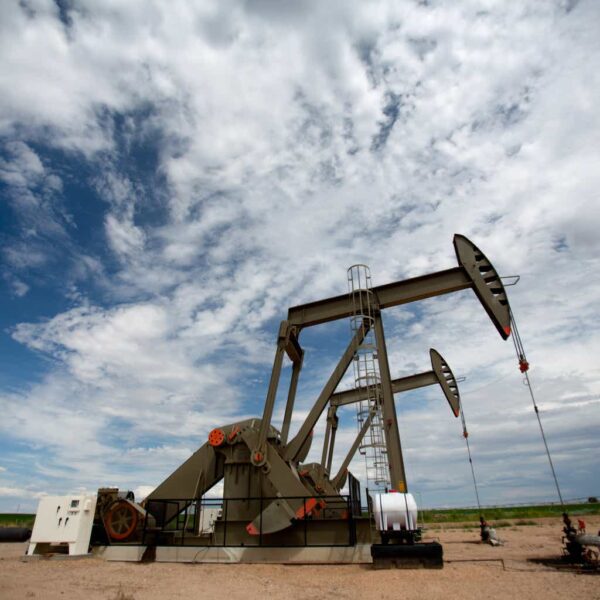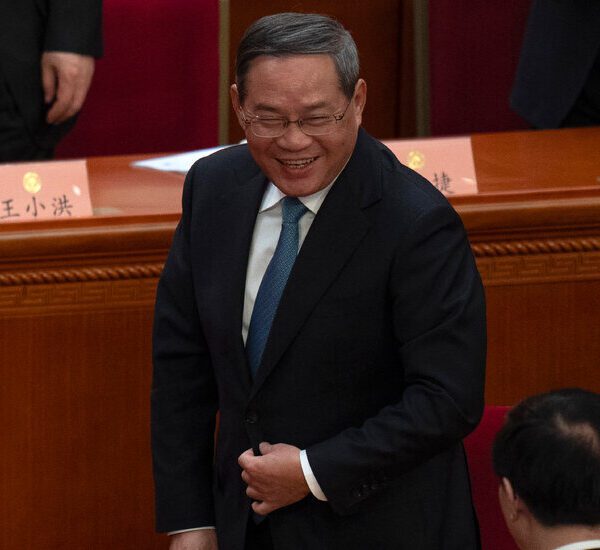Japan’s Nikkei 225 has been the top performer this year, among large economy stock indexes in Asia and many believe that stocks in the region have more room to run in 2024.
Marco Bottigelli | Moment | Getty Images
Asia-Pacific markets plummeted as chip-related stocks dropped following reports of more stringent export restrictions from the U.S. and as comments from former U.S. President Donald Trump raised geopolitical tensions.
Japan’s Nikkei 225 declined more than 2%, while the Topix dropped 1.13%.
Shares of Tokyo Electron, which supplies to Taiwan Semiconductor Manufacturing Company, plunged more than 10%, while other chip-related stocks such as Advantest and Organo dropped more than 5% and 2%, respectively.
South Korea’s Kospi dipped 1.27%, while the small-cap Kosdaq lost 1.48%, with Samsung Electronics falling 1.5%.
Shares of Taiwan Semiconductor Manufacturing Company — the world’s largest chip maker — fell more than 3%, dragging the Taiwan Weighted Index lower by 1.7%.
The Nasdaq Composite fell nearly 2.8% overnight — posting its worst day since December 2022.
The tech-heavy index slid 2.77% to end at 17,996.92 as investors continued to favor rate-sensitive stocks over big tech names amid optimism on possible rate cuts following Fed Chair Jerome Powell’s caution on keeping rates higher for longer.
In Asia, investors weighed Japan’s latest trade data.
Japan’s exports rose 5.4% year on year in June, a steep decline from 13.5% in May. Imports grew 3.2% year on year last month, down from 9.5% in May. Both exports and imports missed Reuters expectations of 6.4% and 9.3% growth, respectively.
Japan’s trade balance reversed from a 1.2 trillion yen ($7.7 billion) deficit in May, to a 224 billion yen surplus.
Australia’s S&P/ASX 200 dipped 0.2% after data from the statistics bureau showed the country’s seasonally adjusted unemployment rate rose 4.1% in June, by less than 0.1 percentage point.
Employment in Australia rose by around 50,000 people and the unemployed increased by 10,000 people, Bjorn Jarvis, head of labor statistics at the Australian Bureau of Statistics, said in a release. The participation rate rose to 66.9%, just 0.1 percentage point below the historical high of 67% in November last year.
Hong Kong’s Hang Seng index gained 0.33%, while China’s CSI 300 fell 0.52%.
Overnight in the U.S., the Dow Jones Industrial Average added 243.60 points, or 0.59%, to end at 41,198.08. This is the first time the index closed beyond 41,000. The broad S&P 500 shed 1.39%, with the information technology and communication services industries being the weakest performers in the session.
—CNBC’s Alex Harring and Pia Singh contributed to this report.















